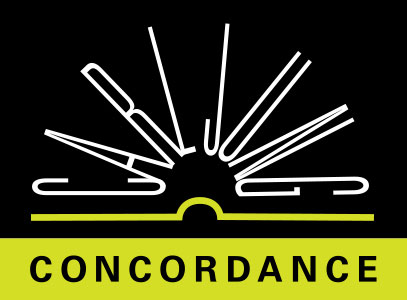The prima materia, as the radical moisture, has to do with the soul because the latter is also moist by nature and is sometimes symbolized by dew:
In this way the symbol of the vessel gets transferred to the soul. There is an excellent example of this in Caesarius of Heisterbach: the soul is a spiritual substance of spherical nature, like the globe of the moon, or like a glass vessel that is “furnished before and behind with eyes” and “sees the whole universe.” This recalls the many-eyed dragon of alchemy and the snake vision of Ignatius Loyola. In this connection the remark of Mylius that the vessel causes “the whole firmament to rotate in its course” is of special interest because, as I have shown, the symbolism of the starry heaven coincides with the motif of polyophthalmia
CW13 ¶ 114THE VESSEL MUST BE MADE BY A
KIND OF SQUARING OF THE CIRCLE
After all this we should be able to understand Dorn's view that the vessel must be made “by a kind of squaring of the circle.” It is essentially a psychic operation, the creation of an inner readiness to accept the archetype of the Self in whatever subjective form it appears. Dorn calls the vessel the vas pellicanicum, and says that with its help the quinta essentia can be extracted from the prima materia
CW13 ¶ 115`THE VESSEL IS THE TRUE PHILOSOPHICAL PELICAN'
The anonymous author of the scholia to the “Tractatus aureus Hermetis” says: “This vessel is the true philosophical Pelican, and there is none other to be sought for in all the world.” It is the lapis itself and at the same time contains it; that is to say, the Self is its own container. This formulation is borne out by the frequent comparison of the lapis to the egg or to the dragon which devours itself and gives birth to itself
CW13 ¶ 115CHRIST'S BODY IS CALLED
THE `VESSEL OF THE SPIRIT'
The thought and language of alchemy lean heavily on mysticism: in the Epistle of Barnabas Christ's body is called the “vessel of the spirit.” Christ himself is the pelican who plucks out his breast feathers for his young
CW13 ¶ 116